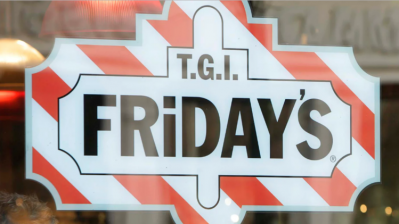Unpaid trial shifts in hospitality back in the spotlight

A private member’s bill on the subject was debated in parliament on Friday (16 March), but it was 'talked out' – meaning it will not become law.
Stewart McDonald, SNP MP for Glasgow South – who tabled the bill - said current legislation banning “excessively long” trial shifts in all industries does not prevent workers being exploited.
He said he had learned of a case where a young man with autism had been stacking shelves in a retail store for "three or four days" before being sent away without pay.
If passed, the bill would have specified in law what constitutes a trial shift and ensured people undertaking them were paid at least minimum wage.
Business minister Andrew Griffiths said that while he was “keen” to work with McDonald on the issue, he did not think there was a need for more regulation.
Use in hospitality
Unpaid trial shifts are a popular way of assessing a candidate‘s suitability for a role, especially in kitchens.
Trade Union Unite said a recent survey of its members working at TGI Friday's found that 76 of 95 respondents had worked an unpaid shift before being hired.
43 had worked around two hours, while 27 had worked more than two hours.
One waitress told Unite that she was asked to do a two hour ‘on job experience’ which ended up stretching to six hours as the restaurant was so busy. She was never paid for her time, despite being hired.
TGI Friday’s said in a statement: “Our current recruitment process meets current industry guidelines and includes on the job experience, an interview, and the opportunity to enjoy some Friday's food with the restaurant manager.”
Last year chef Mark Greenaway posted an open letter defending his use of two to four-hour unpaid trial shifts as part of the interview process at his eponymous Edinburgh restaurant.
He said the practice was an ‘entire industry standard’ and applicants for kitchen and front-of-house roles were asked to complete simple tasks such as serving bread and butter and standing at the pass to see how the kitchen was run.
Staff that successfully complete the trial and are offered a job are paid.
“We do not and never have done this to get free labour or to fill a labour gap,” Greenaway wrote last year.
“This is as much for the candidate to look at us and decide if they want the relevant position and become part of our team, as it is for us to look at them. I also feel and the whole industry feels this is fair.”
McDonald posted on Twitter that though his bill had been defeated, his campaign to change the law would continue.














